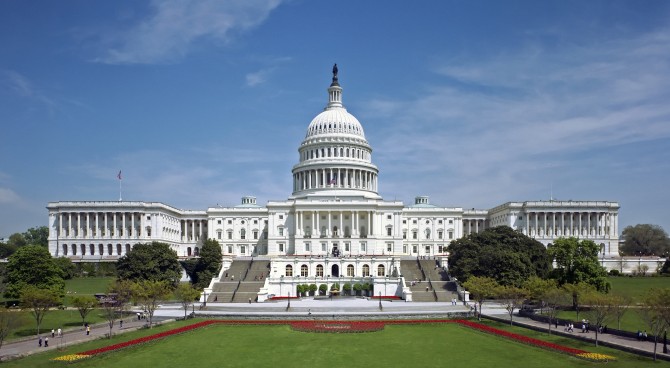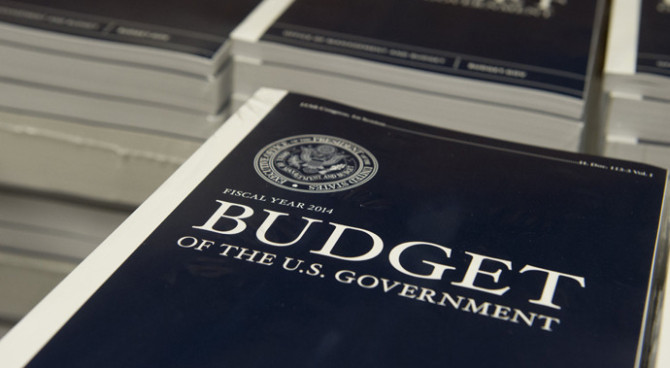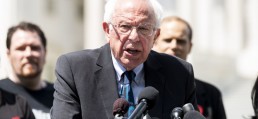Taxpayers who didn’t go to college, didn’t take on debt, or paid it off already.
Democrats have begun a bidding war over student-debt forgiveness. Joe Biden proposes to expand it for public-school teachers. Elizabeth Warren wants to forgive 75% of all student debt. Bernie Sanders has raised the stakes to 100%.
No one doubts that student debt, which amounts to some $1.6 trillion in total, is a burden, or that college is a worthwhile investment for most graduates. But forgiveness wouldn’t make that debt disappear. It would merely transfer it to the federal debt—already $22 trillion—and stick taxpayers with the tab.
So who would pay? Americans who don’t have student debt—including the 98.5 million who didn’t go to college and the 106 million who did but either didn’t take out student loans or have paid them off.
On average, Americans who complete only high school earn some $1 million less over their lifetimes than college grads. Why should they pay for the college grad’s education? Meanwhile, debt-free grads would be paying for someone else’s tuition, while the costs that their parents financed by working longer or diminishing their own savings, that their grandparents sacrificed from their retirement income, or that they themselves generated via work or deferred consumption would be theirs alone to shoulder.
The income responsible students and families sacrificed is equal to what a similarly situated borrowing student would lose through debt financing. Yet the responsible grads would get no relief and be forced to cover the borrowers’ costs.
Debt forgiveness punishes those who did the right thing, made sacrifices, and acted wisely and frugally, as well as those who simply didn’t have the opportunity to go to college. Isn’t this the sort of private gain at public expense that people on the left claim to abhor?
Such forgiveness would also eliminate a quality-control device that drives students to ensure their investment can be monetized to cover their costs. A student who borrows must make sure his future earnings will be enough to pay off the loans. If that incentive disappears, with free debt or free college, the graduate and the nation would suffer economically.
Expanded subsidies for existing higher education would also discourage innovation. When anyone anywhere can take classes online and get an accredited degree, and can learn from Nobel Prize winners across the world, the quality and accessibility of college degrees will leap. Throwing vast money at the current structure in a most inequitable way would only reduce quality and raise prices.
Mr. Solon, a former adviser to Sen. Mitch McConnell, is a partner at US Policy Metrics.



